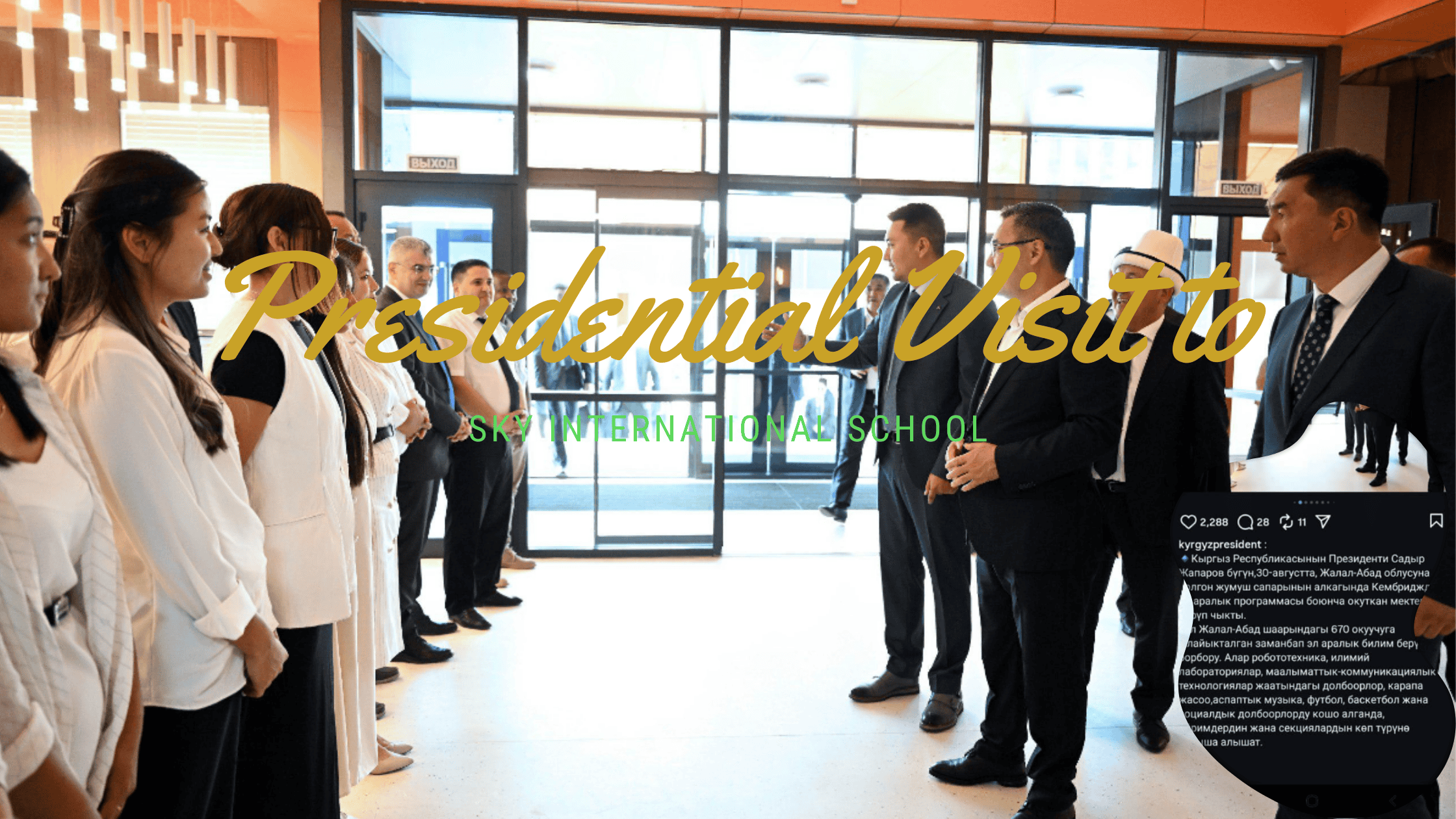How Digital Multitasking Affects Your Grades: What Every Student Should Know
Summary of Two Important Studies on Multitasking and Focus
In this blog post, we’ll provide a comprehensive summary of two key studies that explore the impact of multitasking in different environments: one focusing on college students and the other on information workers. Both studies offer valuable insights into how multitasking affects focus, productivity, and overall well-being.
Study 1 : Connected Yet Distracted: Multitasking Among College Students
**Introduction**
In today's fast-paced digital world, students are constantly juggling multiple tasks at once—whether it's browsing the internet, engaging on social media, or attempting to study. This kind of digital multitasking might seem productive at first, but it can actually have significant impacts on your academic performance and mental well-being. In this post, we'll explore key findings from the study "Connected Yet Distracted: Multitasking Among College Students," which dives into how multitasking affects your learning experience.
---
**Key Findings**
**1. Prevalence of Multitasking**
Multitasking is a common behavior among college students, largely due to the pervasive use of digital devices. During study sessions, students often mix academic tasks with non-academic activities like social media and instant messaging. This blending of tasks can fragment your attention, leading to a decrease in overall productivity.
**2. Impact on Academic Performance**
The study found a significant link between multitasking and lower academic performance. Students who multitask frequently tend to have lower grades and report higher stress levels. The constant switching between tasks makes it harder to retain information and complete assignments effectively.
**3. Cognitive Overload**
Multitasking contributes to cognitive overload, where the brain becomes overwhelmed by processing multiple streams of information simultaneously. This can lead to a shorter attention span, poorer comprehension, and a reduced ability to engage in deep learning. Many students may not realize just how much multitasking hinders their learning.
**4. Behavioral Patterns**
The study also looked into the behavioral patterns of students who multitask. It was revealed that students often underestimate the time spent on non-academic tasks while studying. This can lead to procrastination and last-minute cramming, further worsening academic outcomes.
**5. Emotional and Psychological Effects**
Multitasking takes an emotional and psychological toll on students. Those who multitask regularly report higher levels of anxiety and frustration. The constant need to stay connected and respond to digital stimuli creates a stressful learning environment, negatively impacting mental health and motivation.
---
**Implications for Students**
Given these findings, it's crucial for students to be mindful of their multitasking habits. Here are some strategies to help you stay focused:
- **Time Management:** Plan your study sessions and allocate specific time blocks for focused work without distractions.
- **Set Specific Goals:** Define clear objectives for each study session to maintain focus on the task at hand.
- **Use Tools to Block Distractions:** Consider using apps or tools that block distracting websites during study time.
- **Educational Support:** Seek out workshops or resources offered by your institution to develop better study habits in this digital age.
---
**Conclusion**
The study "Connected Yet Distracted" sheds light on the challenges of multitasking in higher education. Understanding the cognitive and emotional impacts of multitasking is vital for improving focus and achieving better academic results. By becoming more aware of your multitasking habits and implementing strategies to minimize distractions, you can enhance your learning experience, reduce stress, and perform better academically.
This summary offers valuable insights for both students and educators, emphasizing the importance of addressing digital multitasking to foster a more effective and less stressful learning environment.
Source : Research Study
Study 2 : Neurotics Can't Focus: An In Situ Study of Online Multitasking in the Workplace
Introduction and Research Context
This study explores the intersection of multitasking behavior in the workplace with individual personality traits, stress levels, and sleep patterns. The authors aim to investigate how these factors impact online focus duration, a key element in productivity for information workers. Previous research has concentrated on external factors affecting workplace multitasking, but this study uniquely focuses on internal, individual characteristics.
Study Design and Methodology
The study tracked the online activities of 40 information workers over two weeks, capturing data on screen focus durations and switch behaviors between applications. Personality traits like Neuroticism and Impulsivity were measured using established psychological scales. Additionally, participants' stress levels and sleep durations were monitored, with productivity assessed through daily self-reports.
Key Findings
1. **Short Focus Duration:** The median duration of online focus was found to be around 40 seconds, highlighting the short spans of attention typical in a modern digital workplace. Participants showed slightly longer focus durations on productivity software compared to communication tools.
2. **Personality Traits:**
- **Neuroticism:** This trait was significantly associated with shorter focus durations, suggesting that individuals high in Neuroticism struggle to maintain prolonged attention on online tasks. This aligns with previous research linking Neuroticism to lower performance in selective attention tasks.
- **Impulsivity:** The study distinguished between different aspects of impulsivity, finding that "Urgency" (a tendency to act on impulses) was linked to shorter focus durations. However, "Lack of Perseverance" did not show a significant relationship with focus duration.
3. **Stress:** A trend was observed where higher stress levels correlated with shorter focus durations, though this was not statistically robust enough to fully confirm the hypothesis. The study suggests that stress may deplete attentional resources, leading to more frequent task-switching.
4. **Sleep:** Contrary to the initial hypothesis, less sleep was associated with longer focus durations, possibly due to the effect of impending deadlines, which may drive individuals to concentrate more intensely despite sleep deprivation.
5. **Productivity:** There was a clear negative correlation between shorter focus durations and lower self-assessed productivity at the end of the day. This finding supports the notion that frequent task-switching can hinder overall work efficiency.
6. **Factor Analysis:** A factor analysis identified a key underlying factor termed "Lack of Control," which included Neuroticism, Impulsivity-Urgency, and Stress. This factor was a significant predictor of shorter focus durations. A secondary factor, related to "Time Pressure" (influence of deadlines), was also identified but was less predictive of focus duration.
Implications and Conclusions
The study suggests that certain personality traits, particularly Neuroticism and Impulsivity-Urgency, may predispose individuals to shorter attention spans and frequent task-switching in the workplace. This trait of distractibility could have significant implications for designing information systems, educational tools, and workplace environments that are sensitive to these individual differences.
The findings also emphasize the potential costs of multitasking in terms of reduced productivity, reinforcing the idea that systems should be designed to minimize unnecessary distractions and support sustained focus. While the study is limited to a high-tech workplace, its insights could be applicable in similar environments where digital distractions are prevalent.
Future Directions
The authors call for further research to explore the long-term effects of multitasking and to better understand how different personality traits interact with digital environments. This study serves as a foundational step in investigating the complex relationship between individual differences and online focus in the workplace, opening avenues for more personalized approaches to managing attention in digital workspaces.
Source : research study


.png)

.png)
.png)

